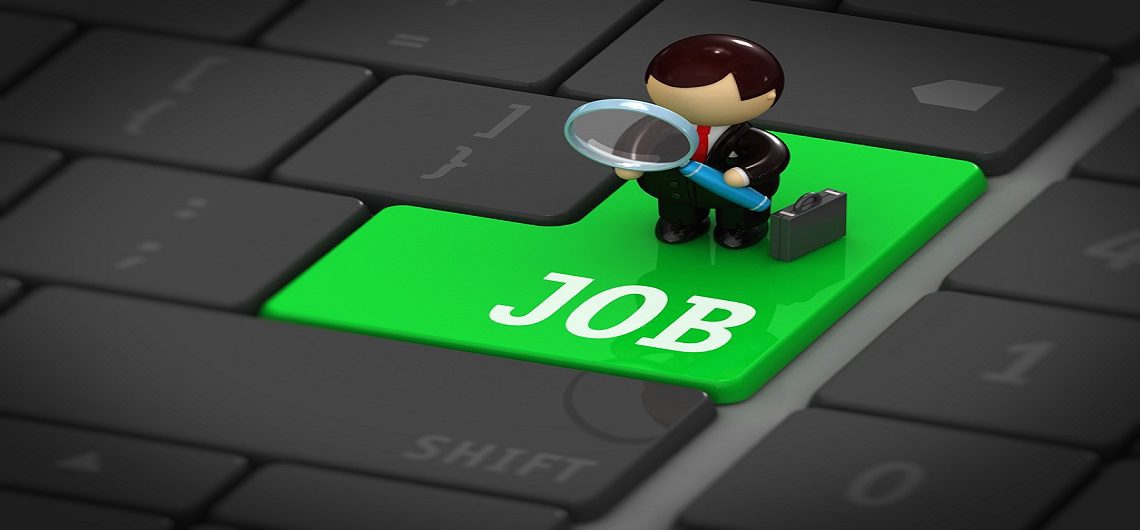by Colm Cavey, Professional Career Consultant.
Does your Job Searching keep hitting a stone wall somewhere in the process? Maybe its diagnostics time?
Clients often complain that their applications in response to job adverts’ do not seem to get the attention they deserve. They just aren’t getting interviews or if they do, they don’t get a second one. Or they go right through the process, but never get that final offer. That being the case it’s time to think carefully about your approach, style of contact and your presentation.
Time for a Job Search Diagnostic.
If your car has an odd noise in the engine the mechanic will most probably track it down through a process of elimination. Likewise if your job search is failing you then you must do the same. Something, somewhere in the process just isn’t right.
From your very first point of contact to shaking hands on a job offer, you must be professional, focussed and business like at all times.
Think it through in sequence and examine your presentation, whether by phone, by e-mail or at face to face meetings. Remember, there are several points of contact that you make between your first application and the magic words, “you’re hired”. If you’re not getting the responses you believe you should, then there is a breakdown in your sequence of contact, somewhere.
Start with your very first point of contact. It could be:
Contact 1 – Your first phone enquiry in response to an advert.
Your greeting, opening comment, conversation and attitude will all be noticed and a first impression formed. Are you coming across as aggressive, complaining or the very opposite, feeble? Maybe you are interviewing the interviewer? If you aren’t coming across business like or not as well as would be expected, the respondent will thank you for your enquiry and ask you to send in your C.V. It’s nicer than telling someone they just aren’t interested. Listen for the famous “anyway”. When you hear “send on your C.V. anyway” you’ve had it. You need to really think out your phone manner and your presentation message. Never ask do they think you would be a suitable candidate. You tell them why you ARE a suitable candidate.
Contact 2 – Is your C.V. a good reflection of the conversation you just had with the recruiter? If not, they will glance at it and then leave it aside. You got past the initial conversation and now you are sending your C.V. to support the discussion you just had.
Does your C.V. reflect your career history accurately and is the job within your area of expertise? In other words, are you a good match for the job being offered? You just might not be viewed as such. If that is the case, your C.V. is not doing its job which is to catch attention and tempt to employer to want to talk to you. You may think your C.V. is good, but if the above is the case, then it clearly is not.
You need to re-write your C.V. It is best to start again from the beginning and formulate a strong impactful document. Don’t try to patch or fix the old C.V. It’s clearly a washout and will only let you down again. So fix it!
Contact 3 – You get called for an interview so can assume that your C.V. is doing its job so far. And you view this as contact 3. No it’s number 5. There are two more in between
.
You will probably phone the company to confirm the appointment with the secretary – That’s contact 3. She or he, in conversation with the Boss later on might say, “I had a right one on the phone today, sounded terrible” or words to that effect. This won’t help your selection process, but it is a point of contact. Until you are hired everyone is important and you must be polite and professional at all times.
Contact 4 – You arrive for an interview and introduce yourself to an assistant or secretary. Again you do not know what conversations may take place in private. So again, be polite, be professional at all times, do all the right things.
Contact 5 – Now you meet your interviewer. You walk in, shake hands, greet, sit down etc. Are you confident, friendly and well poised, professional? From the moment you walk into an interview to the point where you sit down, a very large amount of the decision process is being made. People are only human – even recruiters. Unconsciously they will notice and register your general demeanour, presentation, greeting and may very privately be thinking, ‘very scruffy looking’ – ‘untidy’ – ‘bit too casual’ – ‘dull looking’ or maybe ‘good presentation, confident, good’. So unless you are fully prepared your wasting every ones time. So prepare fully. That however is a topic for another day.
Contact 6, 7, 8 and so on would relate follow up interviews. Again be prepared for each.
So do your diagnostics. Think through every step, be hard on yourself and ensure every point of contact is well prepared and professionally carried out. There is no room for errors
Good Luck









































